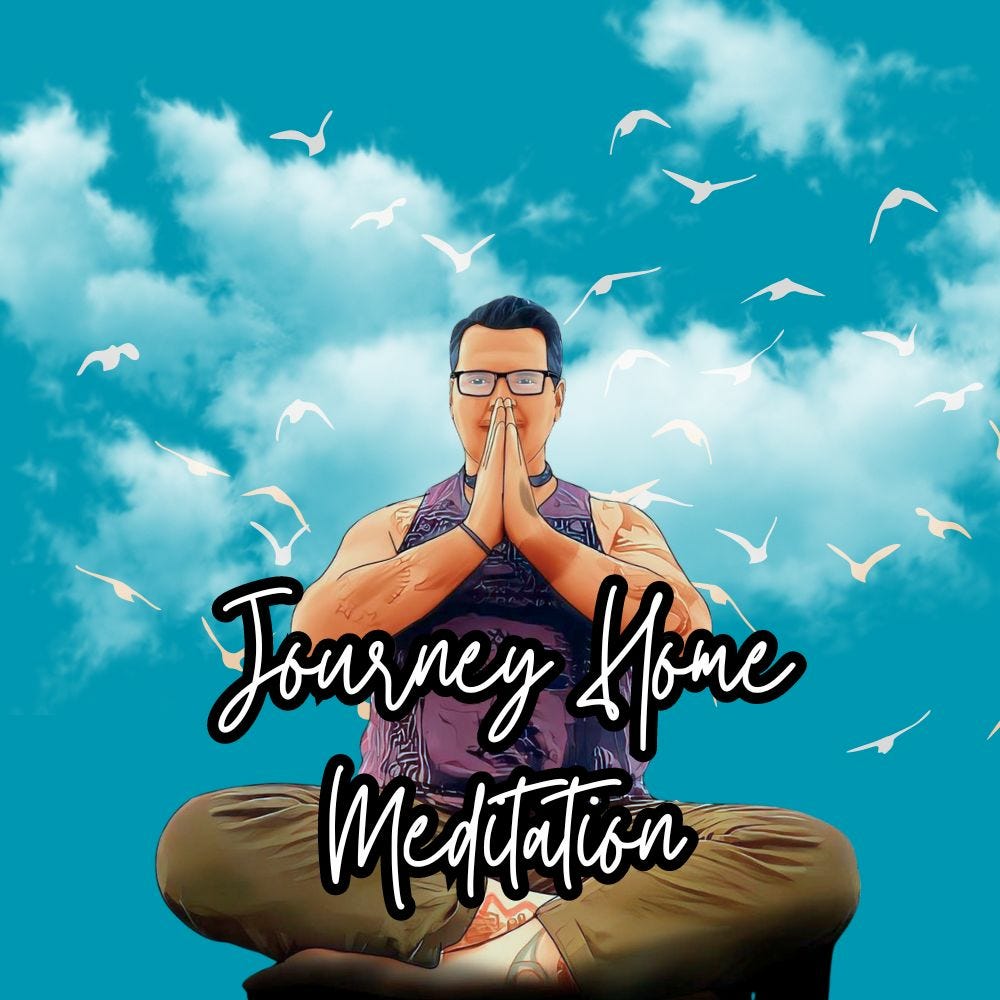Hari Om
Today my brain did not want to congeal. Thoughts wanted to be flighty, light, fluffy as a cloud. Okay, then, let it be! Use your breath to find your needs and desires, and nourish your experience with attentive, kind, and loving awareness. Walt Whitman gave us a great set of guidelines in the preface to his life-long opus, Leaves of Grass. Generally known as What You Shall Do, the piece serves as a wise and strong piece of advice to, well, anyone who is human. That is the gift of poetry, to give us permission to be exactly that; human.
Preface to Leaves of Grass
Walt Whitman
This is what you shall do; Love the earth and sun and the animals, despise riches, give alms to every one that asks, stand up for the stupid and crazy, devote your income and labor to others, hate tyrants, argue not concerning God, have patience and indulgence toward the people, take off your hat to nothing known or unknown or to any man or number of men, go freely with powerful uneducated persons and with the young and with the mothers of families, read these leaves in the open air every season of every year of your life, re-examine all you have been told at school or church or in any book, dismiss whatever insults your own soul, and your very flesh shall be a great poem and have the richest fluency not only in its words but in the silent lines of its lips and face and between the lashes of your eyes and in every motion and joint of your body.One may begin to see an ancestor to the wonderful Mary Oliver in this permissive missive. “You only have to let the soft animal of your body love what it loves,” encouraged Mary Oliver in what is possibly her most well-known poem, Wild Geese.
I remember hearing Mary Oliver herself speak about this wildly famous poem and how she came to write this masterful piece. It was a huge relief to learn that she had written this poem somewhat nonchalantly as an example of how to write an end-stopped line poem. There were not hours upon hours of laboring over the right words and sounds; there was only simply allowing the words to fall out of her mouth the way they came to her, onto the page to serve as a facilitator of understanding. When we are of service, we are often exactly where we need to be to allow for truth to go further.
Finding my way into my body through my breath gives me so much agency in that relationship of what it is to be of service, and to whom. I am practicing being of service to the breath, and allowing everything else to reap the fruits of that labor. It is when we can leave behind our adherence to the past and what we thought we were that we can truly allow what we are now and what we are becoming to be centered in our attention.
Then we get to bell hooks and her amazing Appalachian Elegy magic.
Appalachian Elegy 20. the glory in old barns surpassing time wood gray shadowed black faded colors places where painted signs tell of products no longer in use standing or falling down these structures carry the weight of history work done and undone memories of toil and torment there was bounty here tears for sowing lamentations for the dead all fragments that remain remind us give thanks gather praise
give thanks! gather praise! Yes, ancestor, yes we can do that!
All In Love,
Michael
Thank you to everyone who tuned into my live video! Join me for my next live video in the app.













Share this post